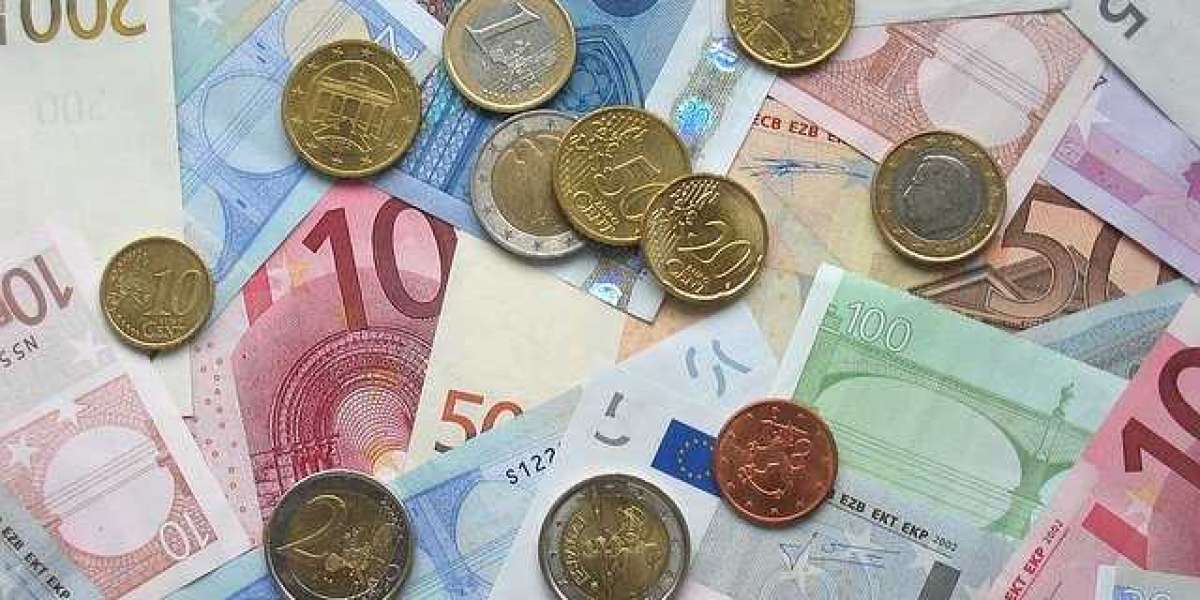Commission (FSC) reported 16 international cryptocurrency exchanges to investigating authorities for allegedly violating the Specific Financial Information Act.
South Korea has plans to prevent unregistered foreign cryptocurrency exchanges from operating.
According to the story, the legislation makes it illegal for unregistered cryptocurrency exchanges to operate without a license. However, the 16 enterprises in question have been providing cryptocurrency services to Koreans and hosting events that are geared at Koreans.
Among the cryptocurrency exchanges that have been disrupted include MEXC, KuCoin, CoinW, CoinEX, ZB.com, Bitglobal, Bitrue, Poloniex, BTCEX, Phemex, XT.com, Pionex, BTCC, DigiFinex, AAX, and ZoomEX.
According to the report, the infraction was discovered by the Financial Information Analysis Institute of the FSC.
The enterprises were informed by the regulators that it was their responsibility to register their operations, but they did not comply with this requirement.
The FSC Desires That They Be Blocked
The Financial Services Commission (FSC) is working to stop these exchanges from continuing to conduct business within its purview.
It has asked the Broadcasting and Communications Commission and the Korea Communications Commission to limit access to its websites from within the country.
In the meanwhile, the regulator is considering making it illegal for credit card issuers to provide their services to the aforementioned entities.
Exchanges Do Not Have an ISMS Certificate in Their Name.
The exchanges have been deemed inadequate by the authorities because they do not possess the Information Security Management System (ISMS) accreditation. Without this certification, the personal information of the exchange's users is at risk.
In addition, regulators have indicated that dishonest individuals may utilize the exchanges in order to clean their dirty money.
According to the Act, a person who operates an unregistered and illegal exchange might face a maximum sentence of 5 years in prison or a fine of 50 million won ($37,900), or both.
It is not possible for the operator to become registered as a domestic virtual asset operator during the subsequent five years.
The legislation is applicable to all domestic as well as foreign transactions that take place within the country.
Regulation of cryptocurrencies in South Korea
South Korea's legislative framework for cryptocurrencies is among the most comprehensive in the world.
As a result of the government's mandate in 2021 that all cryptocurrency businesses receive ISMS certification, a number of cryptocurrency exchanges left the country.
However, there is a possibility that thirty-five providers of virtual assets would register in the country. Of these, five exchanges—UpBit, Coinone, Gopax, Korbit, and Bithumb—are responsible for more than 99% of all cryptocurrency transactions in the country.
In the meantime, the recent failure of the Terra ecosystem has increased the country's focus on the regulation of cryptocurrencies. This e




Humphrey Arinze Chukwu 2 yrs
Good move